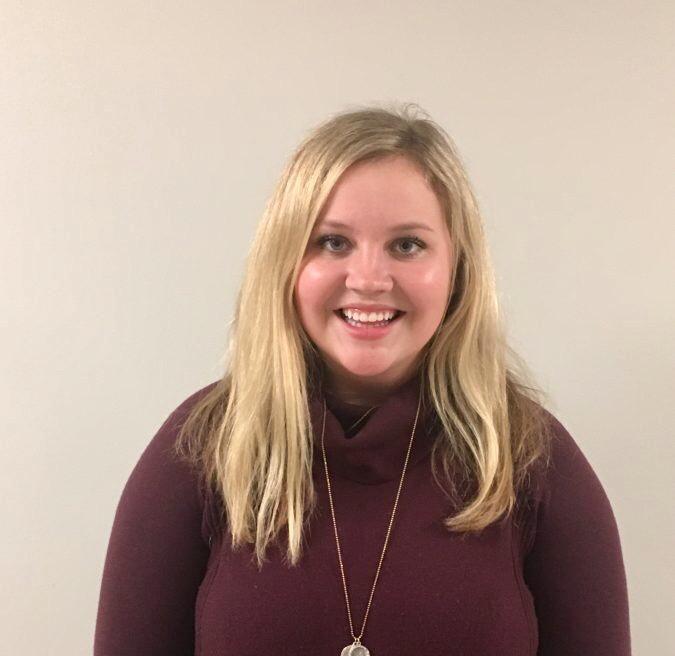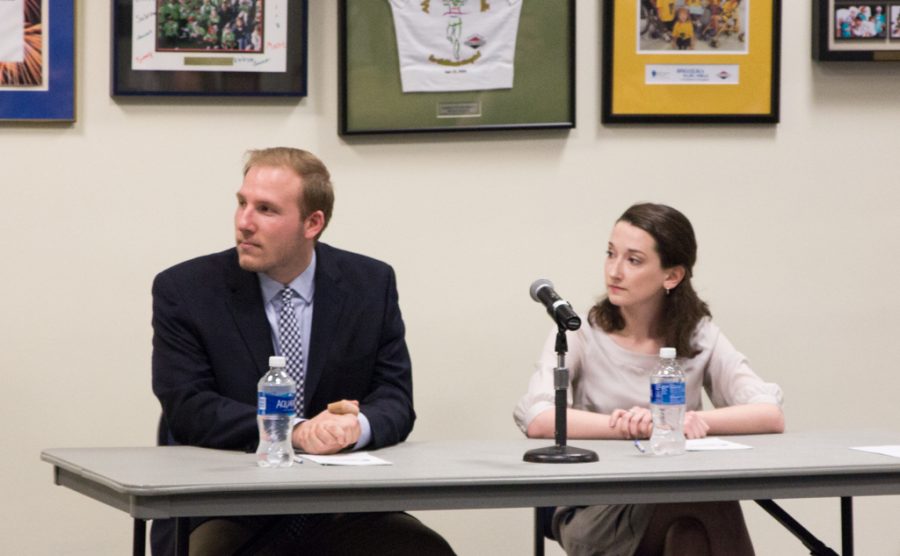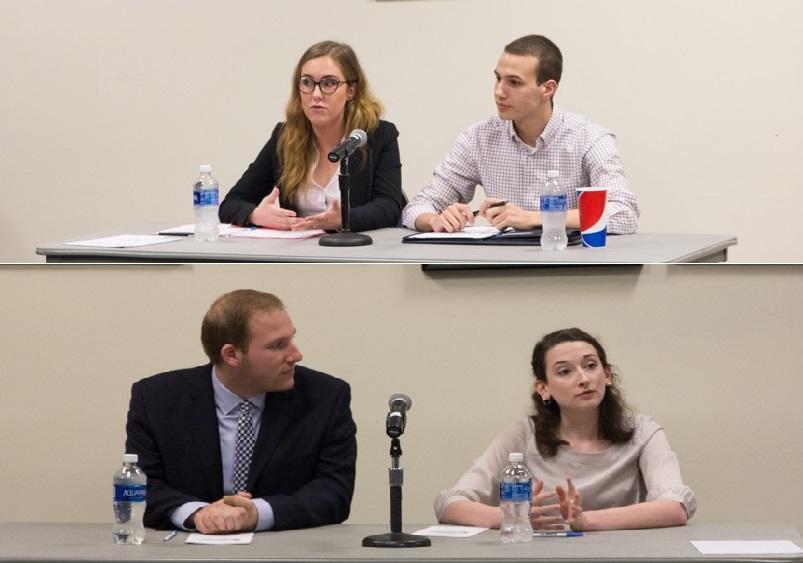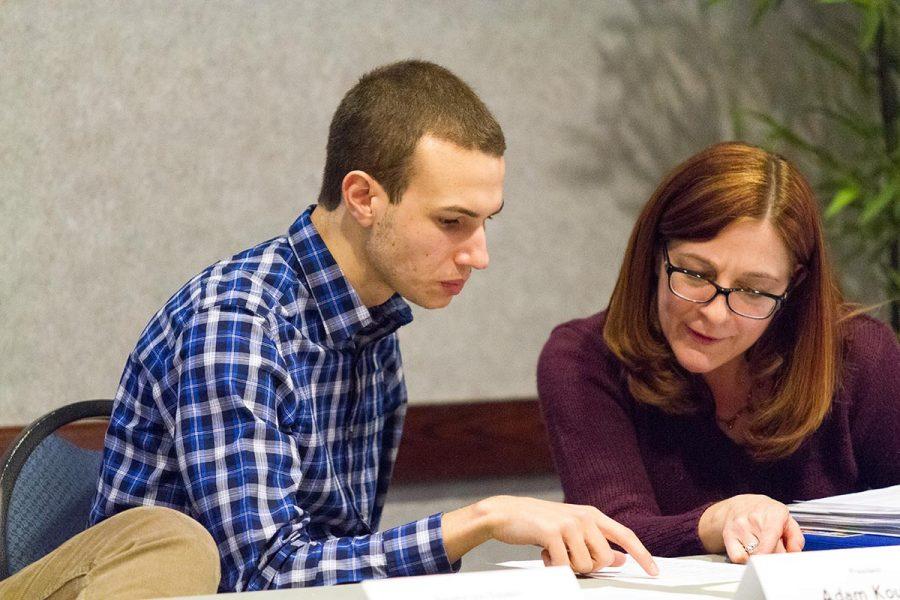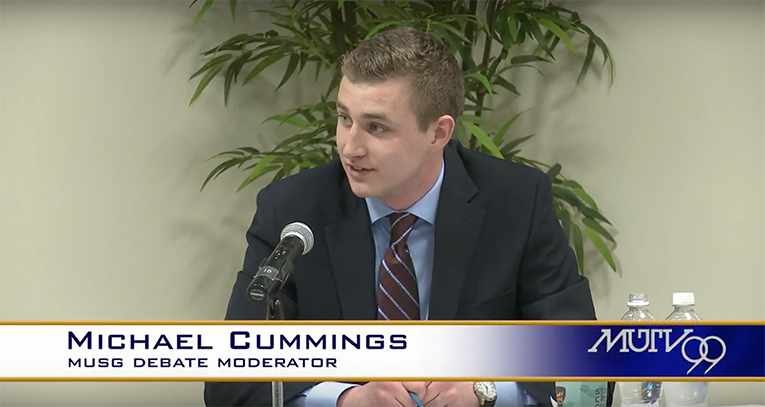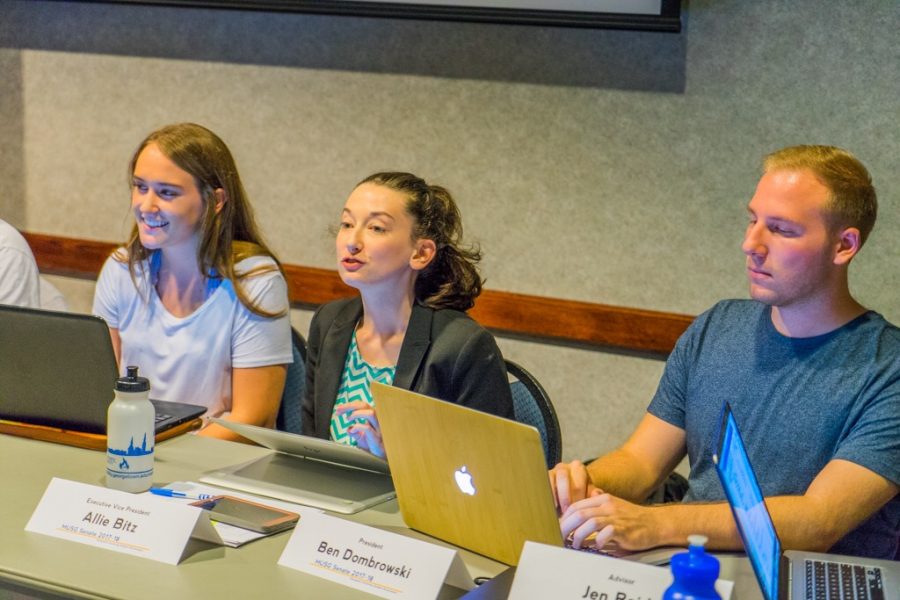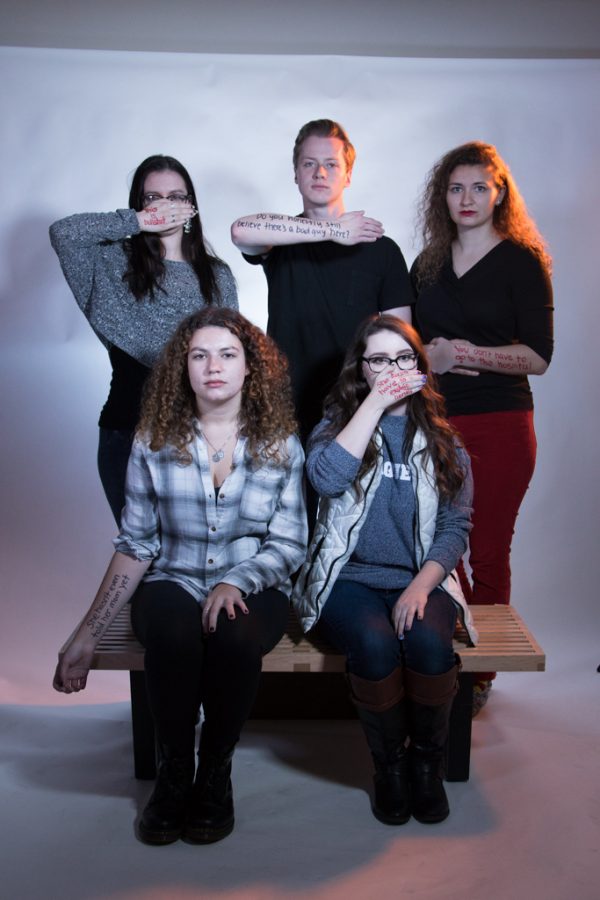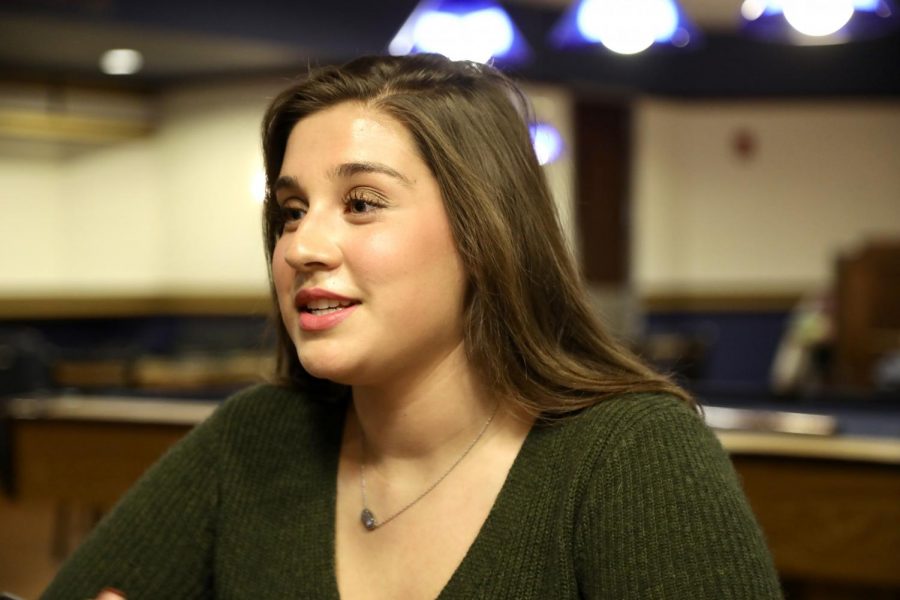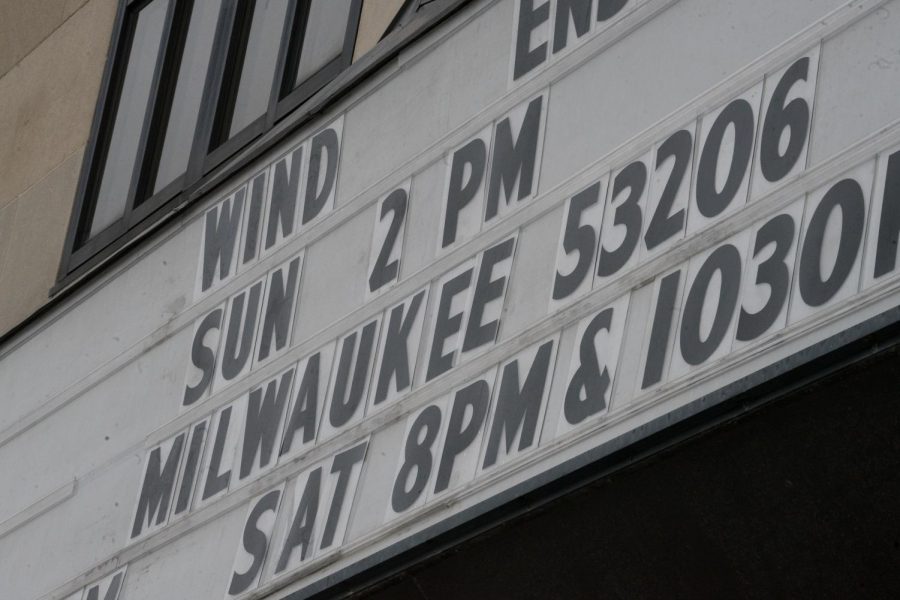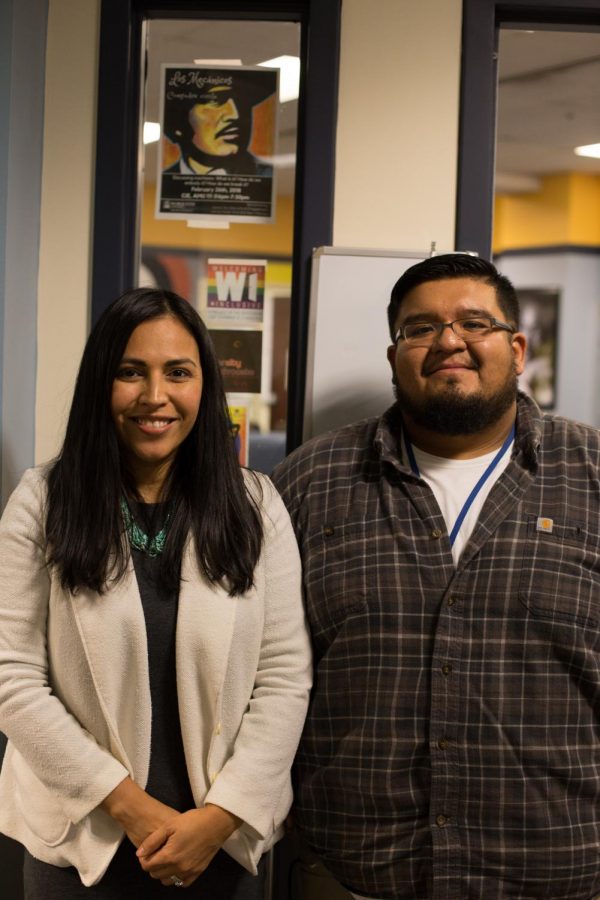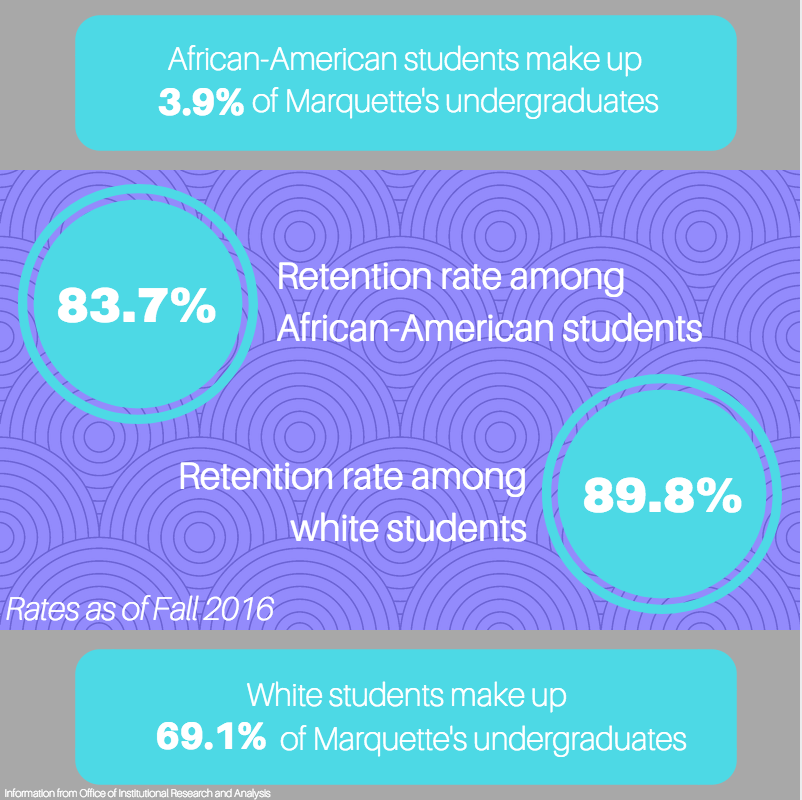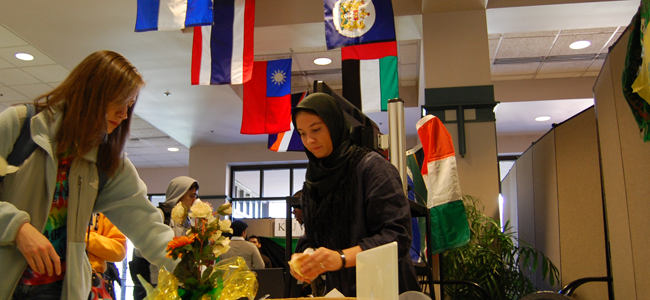With the MUSG presidential and executive vice presidential election coming up this Thursday, I took a look at both parties’ platforms to get a better understanding of each candidate. Surprisingly, comparing both proposed initiatives side-by-side, it’s difficult to distinguish one from the other. Inspired by current political events, both Kouhel/Streightiff and Dombrowski/Bitz list inclusivity as one of the cornerstones of their campaigns.
The need for inclusion has been at the forefront of our nation’s agenda in response to many current issues, especially Trump’s travel ban. But when a word like “inclusivity” gains traction in a large audience, its meaning and resonance often become misconstrued.
I absolutely understand the timely benefits of expressing a desire for inclusion while campaigning. The initiatives that both parties present are necessary and advantageous for the university if implemented.
However, inclusivity should be more than a campaign buzzword or a box you check off on your platform. It should represent a strong commitment rather than a campaign strategy to gain the upper hand.
In Sunday’s debate, both candidates highlighted the importance of interfaith and intercultural dialogue on campus, especially in light of recent events in our country. Both platforms include initiatives like the Hispanic-Serving Institution Initiative and the Ellacuria Scholarship, which will provide assistance and opportunities to undocumented and marginalized students. Kouhel and Streightiff proposed developing an oath of inclusion all students would sign, and both candidates discussed improving the student experience at various centers around campus, namely the LGBTQ+ Resource Center and the Center for Intercultural Engagement.
These are excellent steps to begin fostering a more inclusive environment on campus, but no matter how great they look on paper, they can only enact significant improvements if carried through. Change begins on a small scale, and a more inclusive environment on campus will promote inclusion throughout Milwaukee and our nation. It is so important that we, as students, hold whoever is elected to their promises of increased inclusion at our university.
In a lot of ways, inclusion is like being invited to a party. The initiatives both candidates outline in their platforms are like invitations to the party, but the effort cannot stop there. Inclusivity is reaching out as human beings to foster relationships with different groups of people to see if your party is something they even want to attend. If we are to strive for true inclusivity at Marquette, we first have to invest enough time into getting to know each other and in turn give members of marginalized groups the courage to voice their needs.
The bottom line is that inclusivity goes far beyond signing an oath or revamping areas on campus. Inclusivity is the ongoing, conscious engagement with diversity that creates an increased awareness and empathy toward groups other than our own. It’s a cognizant attitude shift that, as Dombrowski mentioned during the debate, can be refined by exposing yourself to different viewpoints, even if those views make you uncomfortable.
More than anything, for these candidates, inclusivity must be a commitment. A commitment to creating a welcoming environment for all, a commitment to ensuring everyone’s voices are heard, a commitment to bringing about positive change that will shape our university for years to come, and a commitment to stand by what you have said after the votes have been counted.

